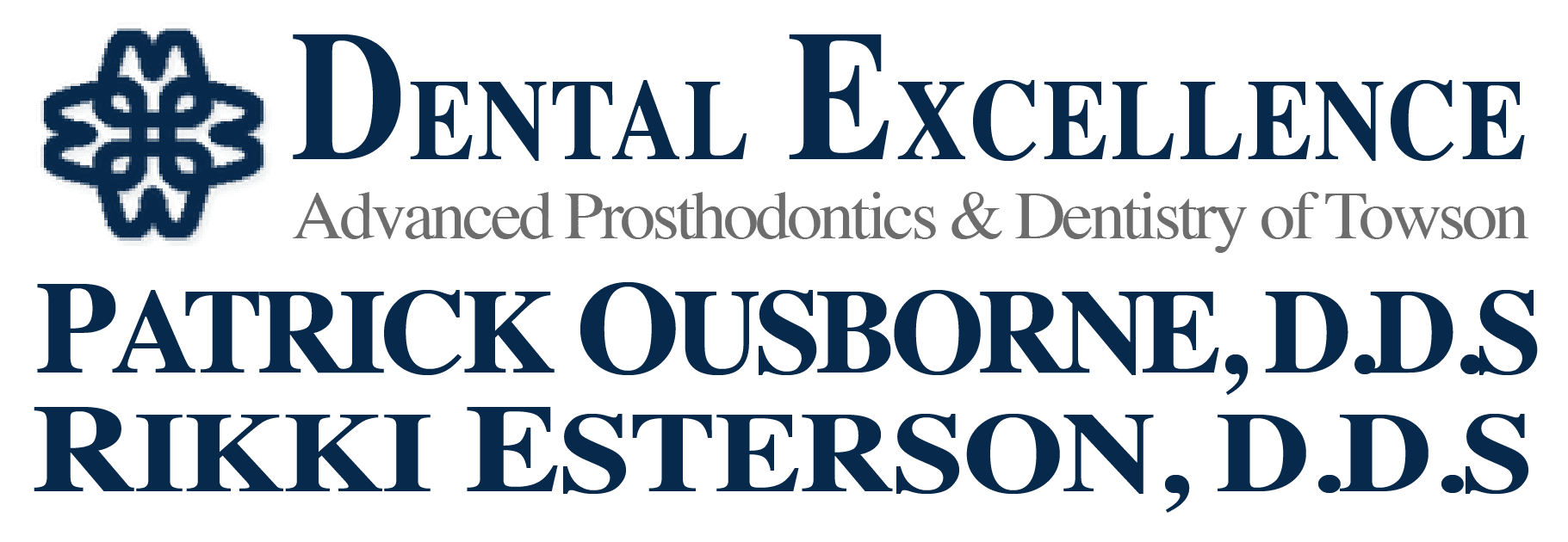Missing teeth can significantly impact your quality of life. The absence of teeth affects your ability to chew food properly. It can also lead to speech difficulties. Fortunately, modern dentistry offers several restoration options. Each option has unique advantages and considerations. Understanding these can guide you in making an informed decision.

Dental Implants
Dental implants are a popular choice for replacing missing teeth. They offer a permanent and durable solution. The process begins with a thorough examination. Your dentist will evaluate your oral health and jawbone density. If suitable, a titanium post is surgically inserted into the jawbone. This post acts as a sturdy root for the new tooth. Over time, the bone fuses with the implant, ensuring stability. Once healed, an abutment connects the implant to the crown. The crown is custom-made to match your natural teeth.
Implants provide several benefits. They often function like natural teeth, allowing you to eat and speak confidently. They could also help maintain jawbone health. This prevents the bone loss that often occurs with missing teeth. Additionally, implants do not affect adjacent teeth. Unlike bridges, they do not require altering healthy teeth for support.
However, dental implants require a significant investment of time and money. The healing process can take several months. Some patients may need additional procedures, such as bone grafting, to ensure success. Despite these challenges, many patients find implants to be a worthwhile investment.
Dental Bridges
Dental bridges offer another solution for missing teeth. They are particularly useful for replacing one or more adjacent teeth. A bridge consists of artificial teeth, known as pontics. These pontics are anchored by crowns placed on adjacent natural teeth. The process begins with preparing the supporting teeth. This involves reshaping them to fit the crowns. Once prepared, impressions are taken to create a custom bridge. The bridge is then cemented in place, restoring your smile and function.
Bridges provide several advantages. They could restore the ability to chew and speak effectively. They also help prevent remaining teeth from shifting out of position. Bridges do not require surgery, making them less invasive than implants.
However, they do have some drawbacks. Supporting teeth must be healthy and strong. The preparation process involves removing some enamel, which can weaken them. Additionally, bridges may not last as long as implants. They require regular maintenance and may need replacement over time. Despite these considerations, bridges remain a popular choice for many patients.
Partial Dentures
Partial dentures offer a removable option for replacing missing teeth. They consist of a metal or plastic framework. This framework supports the artificial teeth and fits around existing teeth. Partials are custom-made to fit your mouth comfortably. They are held in place by clasps that attach to natural teeth.
Partial dentures provide several benefits. They are less invasive and more affordable than implants or bridges. They can be a good option for those who cannot undergo surgery. Partials are also relatively easy to adjust and repair.
However, they may not feel as stable as other options. Some patients find them uncomfortable or bulky. Partials require daily cleaning and care to maintain hygiene. They can also contribute to bone loss over time. Despite these challenges, partial dentures offer a viable solution for many patients.
Complete Dentures
Complete dentures replace all teeth in the upper or lower jaw. They are suitable for patients missing most or all of their teeth. Complete dentures are custom-made to fit your mouth. They rest on the gums and are held in place by suction or adhesive.
Dentures offer several advantages. They are the most affordable option for full-mouth restoration. They are also often easy to clean and maintain. Dentures could improve facial appearance and support facial muscles.
However, they may not provide the same function as natural teeth. Some patients find them bulky or uncomfortable. Dentures can slip or move, especially when eating or speaking. Over time, jawbone loss can affect their fit. Regular adjustments by a dentist may be necessary. Despite these limitations, dentures remain a practical option for many individuals.
For those considering restoration options, Dental Excellence offers comprehensive dental care. Our team provides personalized advice to meet your needs. We use the latest technology for optimal results. Contact our office today to schedule a consultation and learn more about your treatment options.
